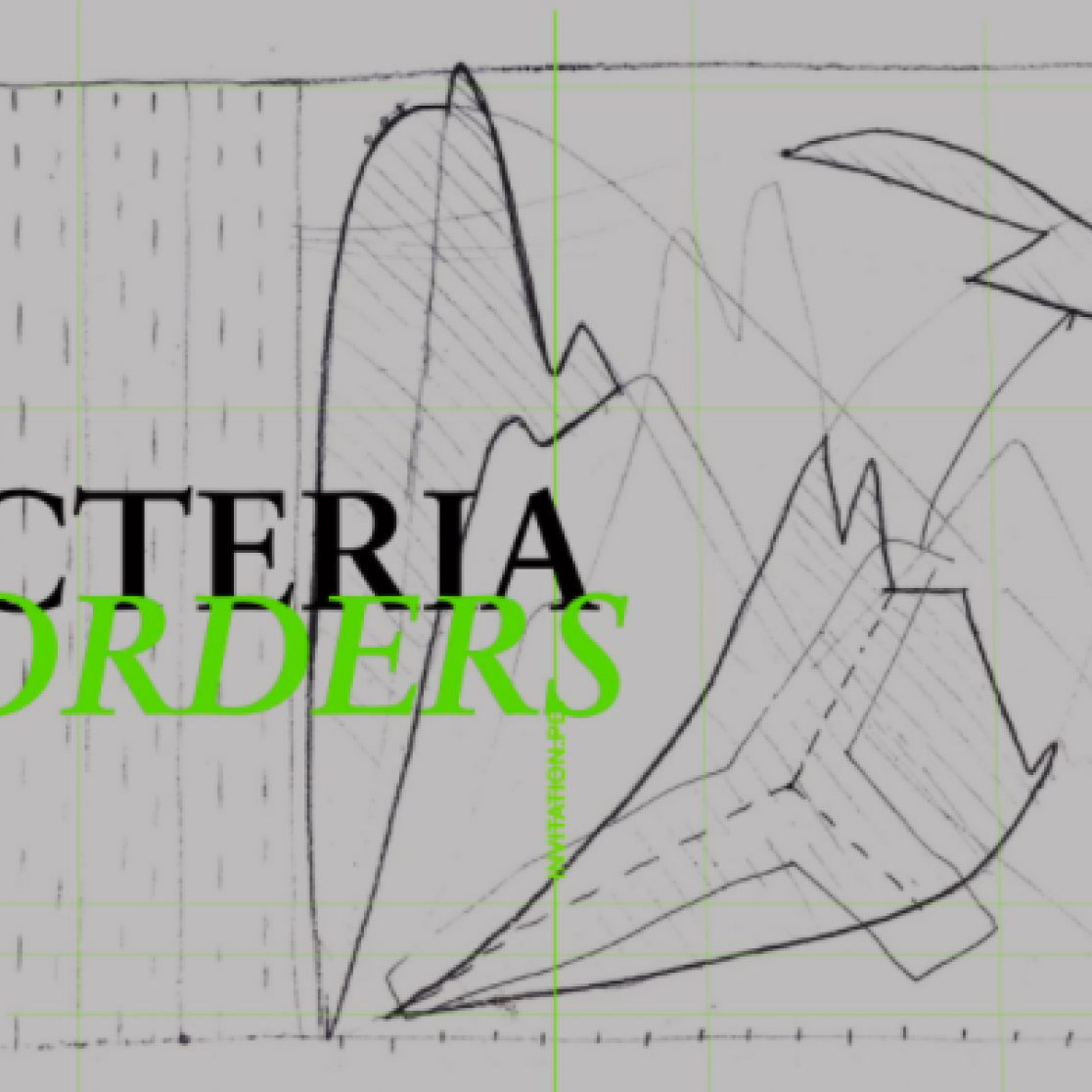"The future of research is transdisciplinary"
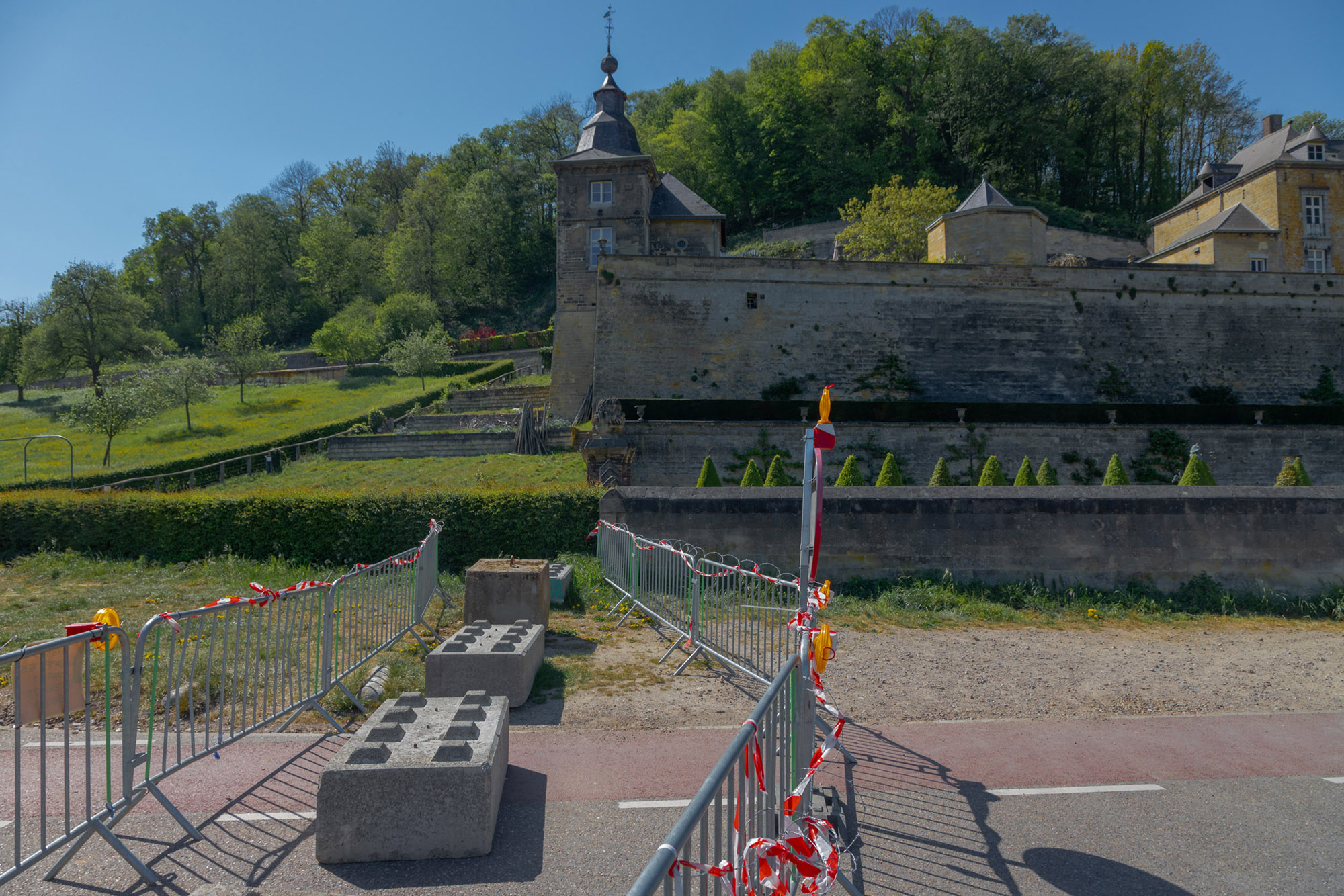
Fruitful collaboration across national and disciplinary boundaries
No, you certainly can’t call the COVID-19 pandemic a gift. “But”, says Christian Hoebe, “the pandemic did confirm to us that we at CAPHRI are on the right track with our transdisciplinary research on viruses and borders. In fact, collaboration across both disciplinary and national boundaries is very valuable. After all, bacteria and viruses know no borders – they cross them just as easily as we do.”
Language barrier
Christian Hoebe is a professor of Social Medicine, specifically Infectious Disease Control. He explains how these kinds of studies fit within the CAPHRI research line Health Inequities and Societal Participation (HISP). “Cross-border research helped us show, for example, that border control measures in the European Union did very little to prevent COVID-19 from spreading. We must therefore be extremely cautious about imposing those kinds of restrictions in future, as they do tend to have a major impact on cross-border life. Residents of border regions were deeply affected. They are used to simply crossing the border for work, family, groceries and health care.”
All HISP departments are represented in CAPHRI’s transdisciplinary research on viruses and borders – Social Medicine, Medical Microbiology, and Health Ethics and Society. The researchers work with various parties in the Netherlands and similar parties in adjacent countries, including health services, the Dutch National Institute for Public Health and the Environment (RIVM) and its German and Belgian equivalents. “Working across disciplines is actually not as easy as it may seem”, says Petra Wolffs, assistant professor in the Department of Medical Microbiology. The main problem, she explains, is that the various experts don’t speak the same language; a microbiologist is not a sociologist. It was partly due to Alena Kamenshchikova’s research, which provided insight into this language barrier, that transdisciplinary collaboration within CAPHRI was able to gain momentum and is now bearing fruit.
Contact
Prof.dr. Christian Hoebe
Department of Social Medicine
c.hoebe@maastrichtuniversity.nl
Prof.dr. Klasien Horstman
Department of Health, Ethics and Society
k.horstman@maastrichtuniversity.nl
Dr. Petra Wolffs
Department of Medical Microbiology
p.wolffs@mumc.nl
Dr. Alena Kamenshchikova
Department of Health, Ethics and Society
a.kamenshchikova@maastrichtuniversity.nl
Wide range of topics
It all began around 2015, with Alena Kamenshchikova’s PhD research on antibiotic resistance in the Meuse-Rhine Euroregion. Christian Hoebe, Petra Wolffs and Klasien Horstman (professor of Philosophy of Public Health) were her supervisors. Alena Kamenshchikova is now assistant professor of Health, Ethics and Society. “Infectious disease control touches on a wide range of topics”, she says, “from bacteria and viruses crossing borders to public health, and from the way infectious disease control is managed in different countries to the way residents respond to that.” It is particularly important to take a transdisciplinary approach and conduct cross-border research in border regions, as their residents are much more likely to be confronted with policy differences between countries.
Transdisciplinary collaboration within CAPHRI has so far produced approximately ten cross-border studies, specifically on antibiotic resistance and COVID-19. A study on vaccination willingness and compliance with COVID-19 restrictions in the three Euroregion countries revealed that both vaccination willingness and face-mask compliance were highest in Germany.
Border regions
There are currently five PhD students conducting cross-border and transdisciplinary research at CAPHRI. Christian Hoebe: “This type of research suits CAPHRI perfectly, as it has both international research impact and a clear positive impact on health in our own region. That’s exactly what we aim for here at CAPHRI. We are a true pioneer in Europe and a role model when it comes to cross-border public health. The EU has 170 border regions, and over forty per cent of its population lives in border regions. What sets our region apart from others is that we conduct cross-border research.”
Petra Wolffs nods. “We hope that our research will contribute to policy harmonisation across countries, making policies easier to understand for people. Additionally, we would like to train our new researchers in transdisciplinary collaboration.” Bachelor’s and master’s students will also be brought into the fold, adds Alena Kamenshchikova. All three agree that this is absolutely necessary. “After all”, concludes Christian Hoebe, “working together leads to better solutions. The future of research is transdisciplinary.”
Text: Karin Burhenne
Translation: Emdash
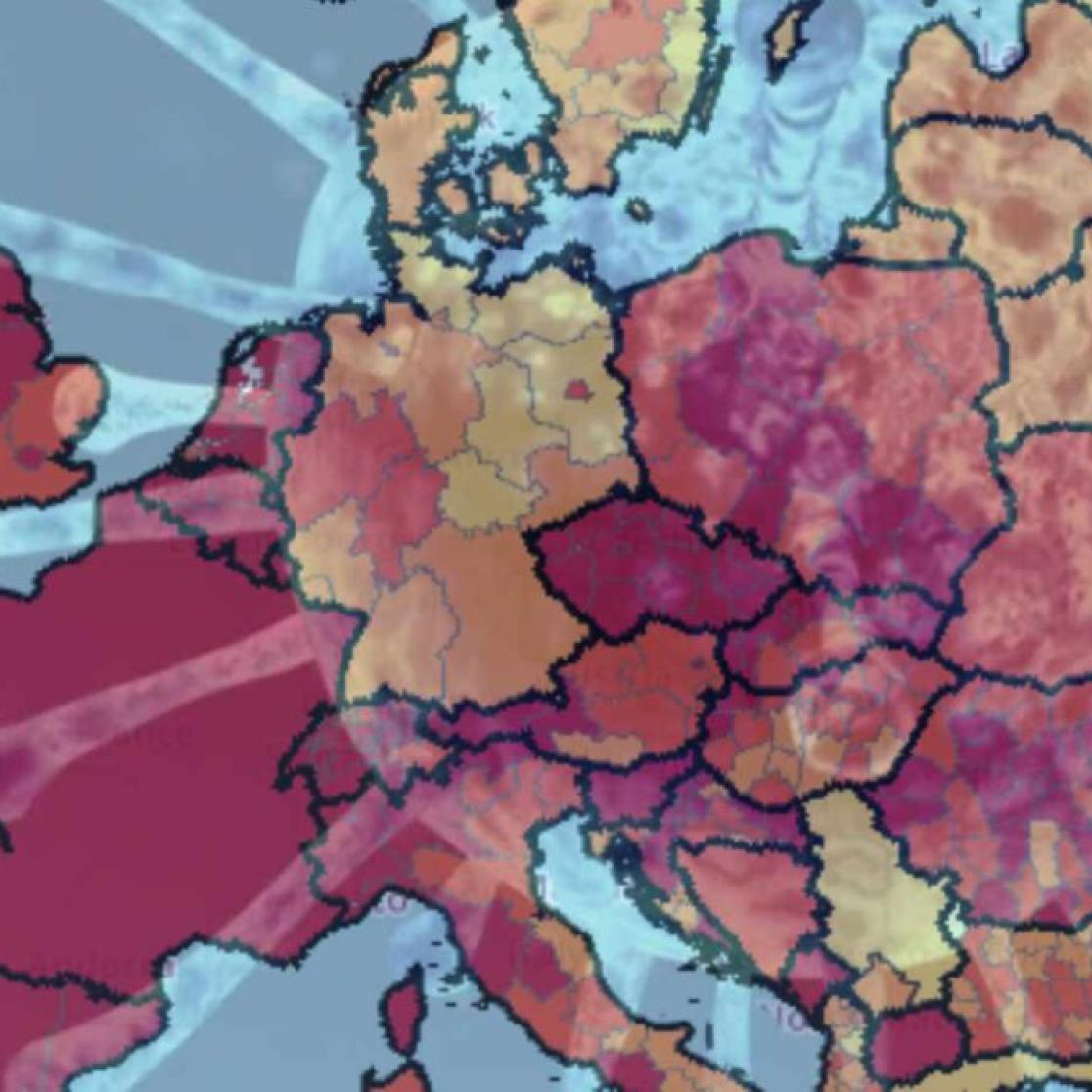
Research team
- Prof.dr. Christian Hoebe, Professor Social Medicine and Infectious Disease Control, head Department Social Medicine and programleader Living Lab Public Health, GGD South Limburg (Vice-chair HISP)
- Prof.dr. Klasien Horstman, Professor Public Health, department Health, Ethics and Society
- Dr. Petra Wolffs, molecular medical microbiologist, Department Medical Microbiology (Chair HISP)
- Brigitte van de Zanden, director Euprevent and PhD student, Department Social Medicine
- Dr. Alena Kamenshchikova, assistant-professor, department Health, Ethics and Society.
- Prof.dr. Paul Savelkoul, professor and head Department Medical Microbiology, Maastricht University
- Dr. Inge van Loo, consultant microbiologist, Department Medical Microbiology
- Danielle Hanssen, medical microbiologist (in-residence) and PhD candidate, Department Medical Microbiology
- Demi Pagen, PhD candidate Social Medicine en GGD South-Limburg (Living Lab Public Health)
- Dirk Philipsen, Gesundheidsamt Düren, Germany
- Karl-Heinz Grimm, Gesundheidsamt des Kreises Heinsberg, Germany
- Stefaan Damarest, Sciensano, Belgium
- Celine Bilsen, PhD candidate Social Medicine and GGD South Limburg (Living Lab Public health)
- Mitch van Hensbergen, PhD candidate Social Medicine and GGD South Limburg (Living Lab Public health)
- Dr. Casper den Heijer, public health physician Social medicine and GGD South Limburg (Living Lab Public Health)
- Dr. Nicole Dukers, senior epidemiologist, Health Promotion and GGD South Limburg (Living Lab Public Health)
- Dr. Stephanie Brinkhues, post-doc Social Medicine, Maastricht University en GGD South-Limburg
Involved research line
- Health Inequities and Societal Participation
Collaborating partners
- EuPrevent
- GGD Zuid Limburg
- Gesundheitsamt Düren
The citizens of these three countries no longer experience any borders between them, which means that we as professionals must also be able to work ‘without borders’. In a cross-border region like the Meuse-Rhine Euroregion, it’s especially important to have good relationships with your immediate neighbours. So, let’s work together and face these challenges together.
- Brigitte van der Zanden, euPrevent
Our most important scientific output
- Kamenshchikova A, Wolffs PFG, Hoebe CJPA, Horstman K. Transdisciplinary work against antimicrobial resistance. Lancet Infect Dis. 2020 May;20(5):526-527.
- Kamenshchikova A, Wolffs PFG, Hoebe CJPA, Penders J, Park HY, Kambale MS, Horstman K. Combining stool and stories: exploring antimicrobial resistance among a longitudinal cohort of international health students. BMC Infect Dis. 2021 Sep 27;21(1):1008.
- Kamenshchikova A, Wolffs PFG, Hoebe CJ, Penders J, Horstman K. Complex narratives of health, stigma and control: Antimicrobial resistance screening among non-hospitalized refugees. Soc Sci Med. 2018 Sep;212:43-49.
- Dieminger L, Kamenshchikova A, Hoebe CJPA, Horstman K. Perspectives of public health professionals on border control practices for COVID-19 management in Europe. Public Health. 2022 Sep;210:83-90.
- van Hensbergen M, den Heijer CDJ, Wolffs P, Hackert V, Ter Waarbeek HLG, Oude Munnink BB, Sikkema RS, Heddema ER, Hoebe CJPA. COVID-19: first long-term care facility outbreak in the Netherlands following cross-border introduction from Germany, March 2020. BMC Infect Dis. 2021 May 4;21(1):418.
- Hackert VH, Hoebe CJPA, Dukers-Muijrers N, Krafft T, Kauhl B, Henning K, Karges W, Sprague L, Neubauer H, Al Dahouk S. Q fever: Evidence of a massive yet undetected cross-border outbreak, with ongoing risk of extra mortality, in a Dutch-German border region. Transbound Emerg Dis. 2020 Jul;67(4):1660-1670.
- Kamenshchikova A, Hargreaves S, Chandler CIR. Management of cross-border mobilities during the SARS-CoV-2 pandemic in Europe and implications for public health provision to migrants. J Travel Med. 2022 Sep 17;29(6):taac093.
- Demi ME Pagen, Daniëlle A.T. Hanssen, Inge H.M. van Loo, Casper DJ den Heijer, Nicole HTM Dukers-Muijrers, Christian JPA Hoebe. The association between SARS-CoV-2 seroprevalence and cross-border mobility for visiting family or friends among Dutch residents of a border province. Submitted.
Awards
Transdisciplinary research on viruses and borders has received praise and recognition from CAPHRI, with Alena Kamenshchikova and Volker Hackert winning the CAPHRI Dissertation Award in 2020 and 2021 respectively.
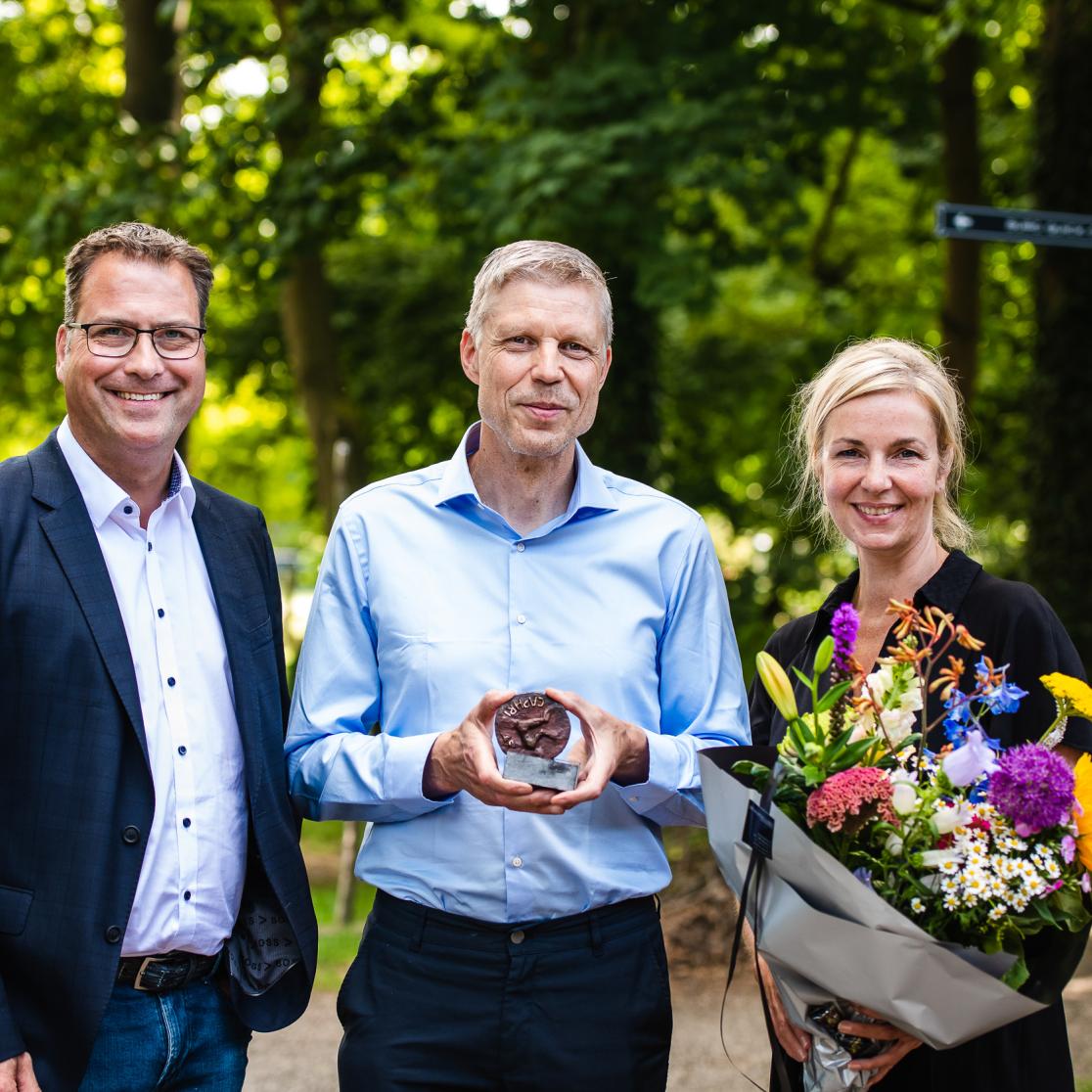
Our most important output for societal target groups
- Several citizens’ summits funded by the Interreg VA EMR project “euPrevent COVID” were organized in various border regions (Aachen, Düren, Eupen, Hasselt, Heinsberg, Liège and Maastricht). The goal of these citizens’ summits was to give the citizens living in border regions the opportunity to exchange their personal experiences during the corona time. Read more about the results.
-
EUprevent report: The development of COVID-19 in the border area of the Netherlands, North Rhine-Westphalia and Belgium
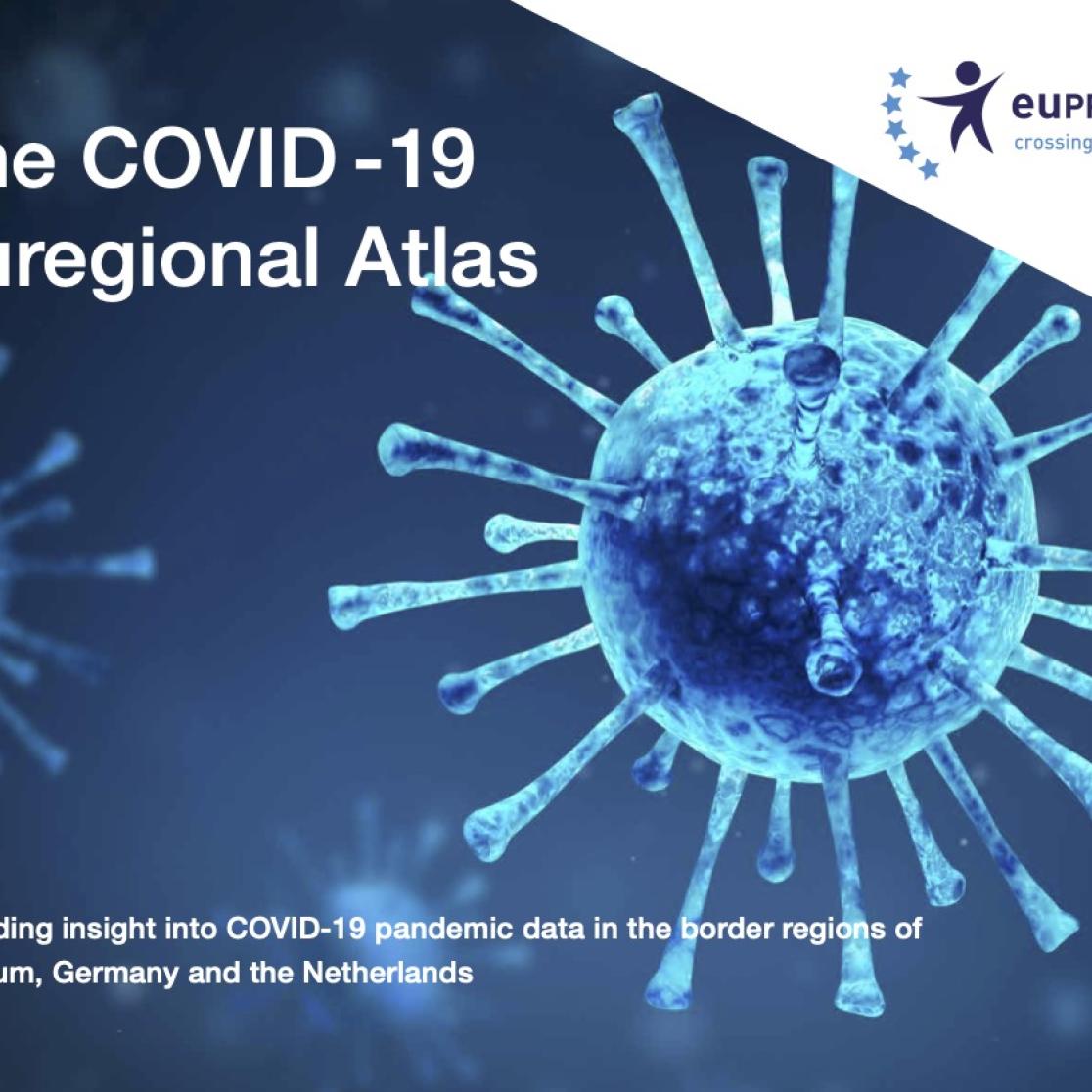
Collaboration between arts and sciences
Bacteria & Borders is a collaboration between visual artist Marlies Vermeulen and social scientist Alena Kamenshchikova. In a series of podcasts they tell more about their collaboration between science and art, the pitfalls and the unique chances. During the pandemic, their research became more current than ever.
This collaboration was made possible by the Mingler Scholarship, awarded to Marlies Vermeulen and Klasien Horstman in 2020. The Mingler Scholarship is an initiative of the Dutch Society of Arts and The Young Academy, part of the Royal Netherlands Academy of Arts and Sciences and is financially supported by the Niemeijer Foundation.
